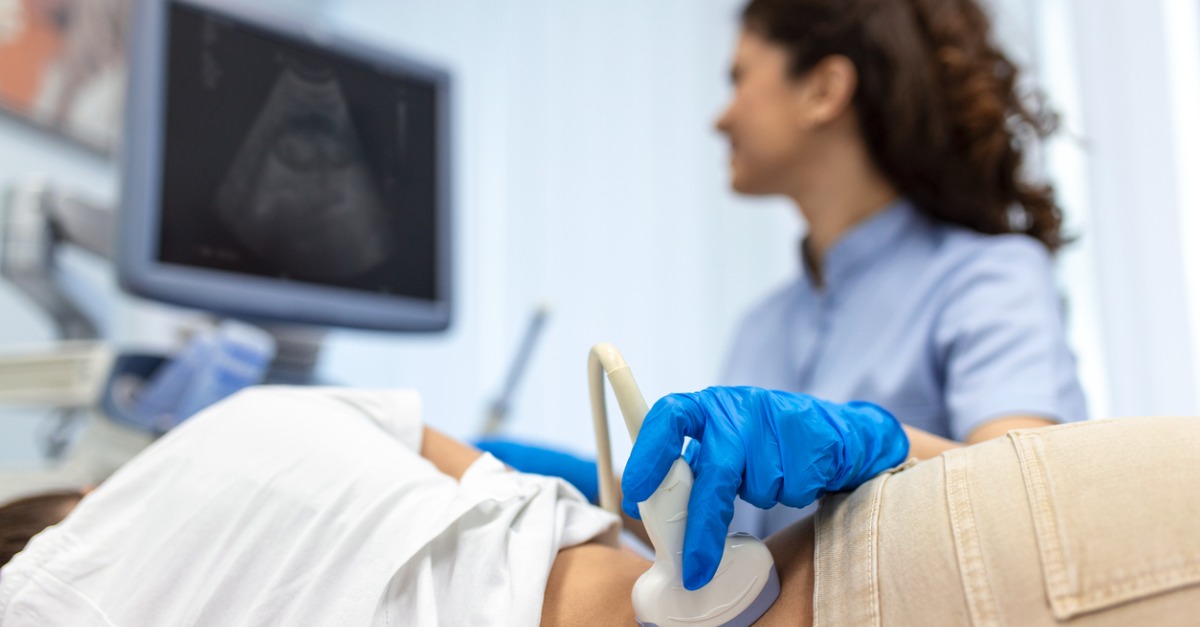Two bean-shaped organs, each about the size of a fist, sit below the rib cage, one on each side of your spine. Each kidney may contain a million functioning units called nephrons that work day and night to remove waste from your body. As part of National Kidney Month, we explain the crucial role of our kidneys and offer tips on when to seek medical treatment for kidney problems.
Function of the Kidneys
Every 24 hours, the kidneys will filter and recycle around 200 quarts of liquid back into the bloodstream, an essential life-sustaining task. The kidneys remove waste, release hormones that regulate blood pressure, and remove acid produced by cells to maintain a healthy balance of water, salts, and minerals.
The kidneys remove waste and extra fluid from the body through small filters called nephrons. A nephron contains a filtering unit of tiny blood vessels that flush waste out of the body through urine. This process is vital to sustain a balance of chemicals and fluids in the body. Damage to nephrons or kidney failure impedes the waste disposal process in the body, which can cause health complications.
When kidney problems arise, it’s important to know when to seek medical attention before it becomes a life-threatening issue.
Kidney Pain
Kidney pain, also known as renal pain, is discomfort near your kidneys. Often mistaken for back pain, kidney pain is felt on your sides, back, belly, or groin. Treatment depends on the underlying cause, which can range from kidney stones to a kidney infection to an injury or kidney cancer. Kidney pain doesn’t always mean there’s a problem with your kidneys specifically. However, it can indicate an issue in the urinary system.
It is recommended to see a doctor if you experience persistent pain in the kidney area, or if you have back pain along with any of the following symptoms:
- Fever or chills.
- Nausea or vomiting that prohibits eating or drinking.
- Oddly colored pee.
- Pain when you pee.
- Blood in your pee.
- A repeated urge to pee.
- The appearance of solid material (kidney stones) in your pee.
- A general feeling of illness or lethargy that won’t go away.
Kidney Stones
Kidney stones are caused by the crystallization of various substances in your urine, usually calcium. The stone can be anything in size from a pebble to a walnut. Most individuals are completely unaware a kidney stone is present until it passes through the urinary tract. However, even when stones are small and able to pass on their own, you may need to make an appointment with a urologist. If the stone is too large to pass, it will require emergency attention.
Recognizing the signs is vital to understanding when to seek medical care for kidney stones. If left untreated, the stone can enlarge and become infected, causing severe issues. Seek immediate medical attention if you experience any of the following symptoms when passing a kidney stone:
- Severe pain, vomiting, fever and/or chills.
- Visible blood in the urine.
- Difficulty urinating.
Kidney Infections
Also known as pyelonephritis, kidney infections are a type of urinary tract infections that most often originate from the bladder (a lower urinary tract infection) and spread into one or both of the kidneys. Kidney infections are a type of UTI that is more aggressive. While UTIs are uncomfortable and some go away on their own, typically that is not the case. If left untreated, a UTI can lead to a very serious kidney infection. Delaying treatment could lead to more serious consequences.
General signs of a UTI include:
- Urgent, painful urination.
- Cloudy, foul-smelling, or bloody urine.
- Abdominal pain.
- Pelvic or bladder pressure.
Some symptoms point to a more severe infection that needs immediate medical attention.
Go to an urgent care center or hospital if you experience any of the symptoms below alone or accompanied by UTI symptoms:
- Back or side pain.
- Fever.
- Chills.
- Nausea and vomiting.
- Pus or blood in the urine
Kidney issues can lead to potentially dangerous consequences. For those with severe kidney infections or stones, Morgan Medical Center’s emergency department is prepared to assist you 24/7. And for compassionate physician care for all your family’s needs, turn to Morgan Physician Services, Family Medicine by calling us at (706) 438-1275.


